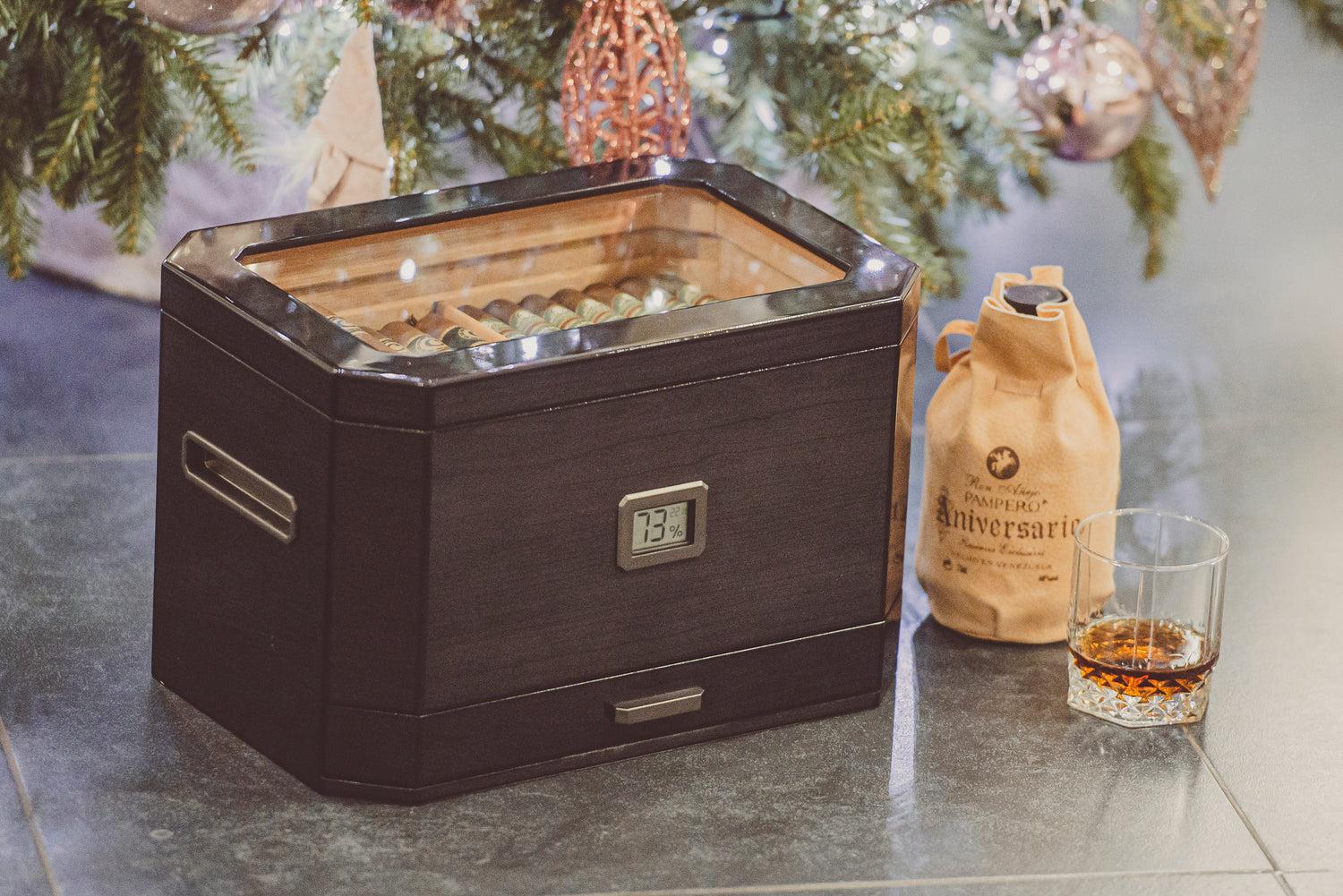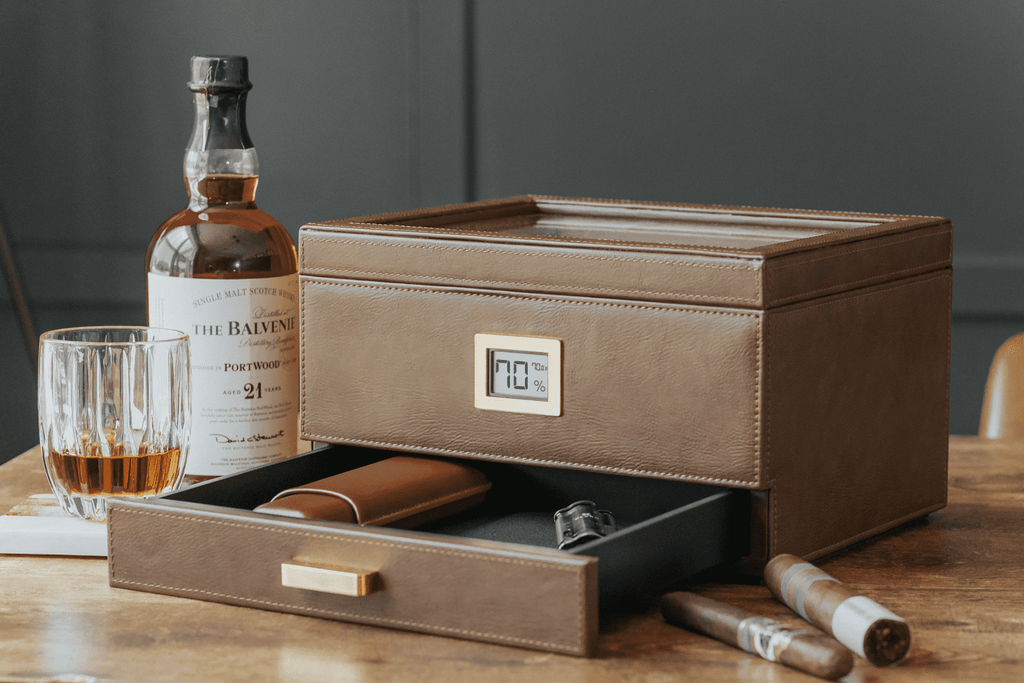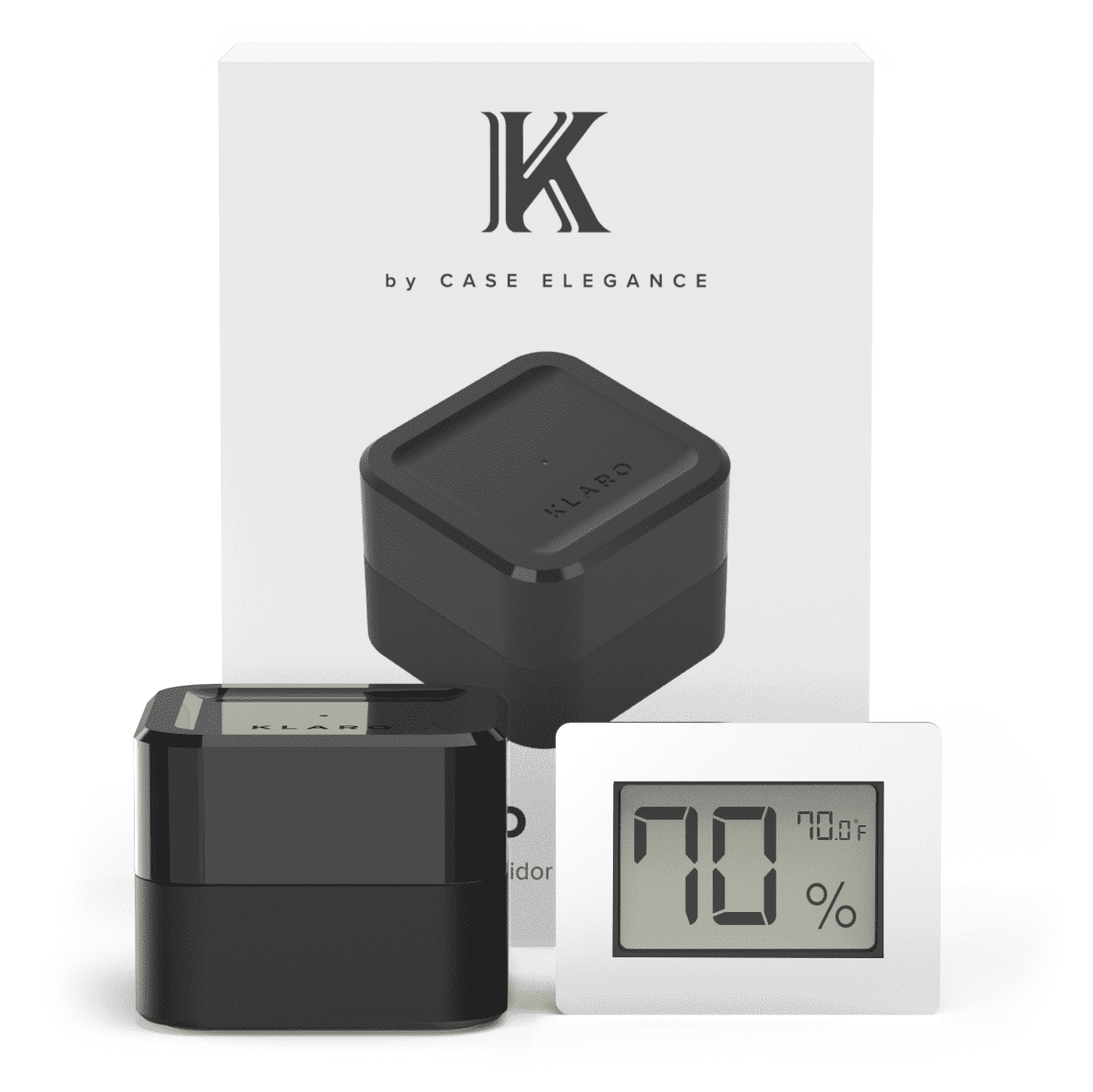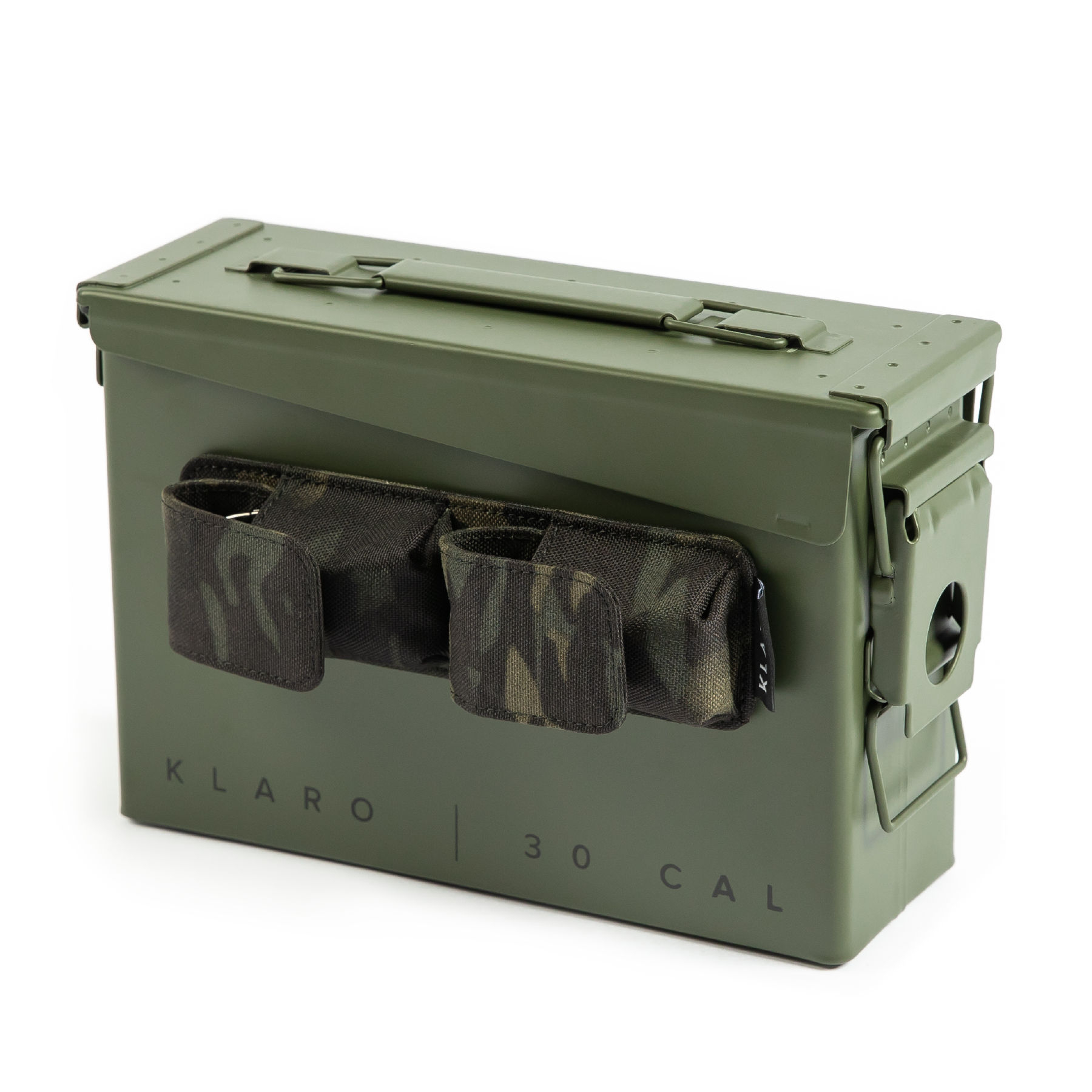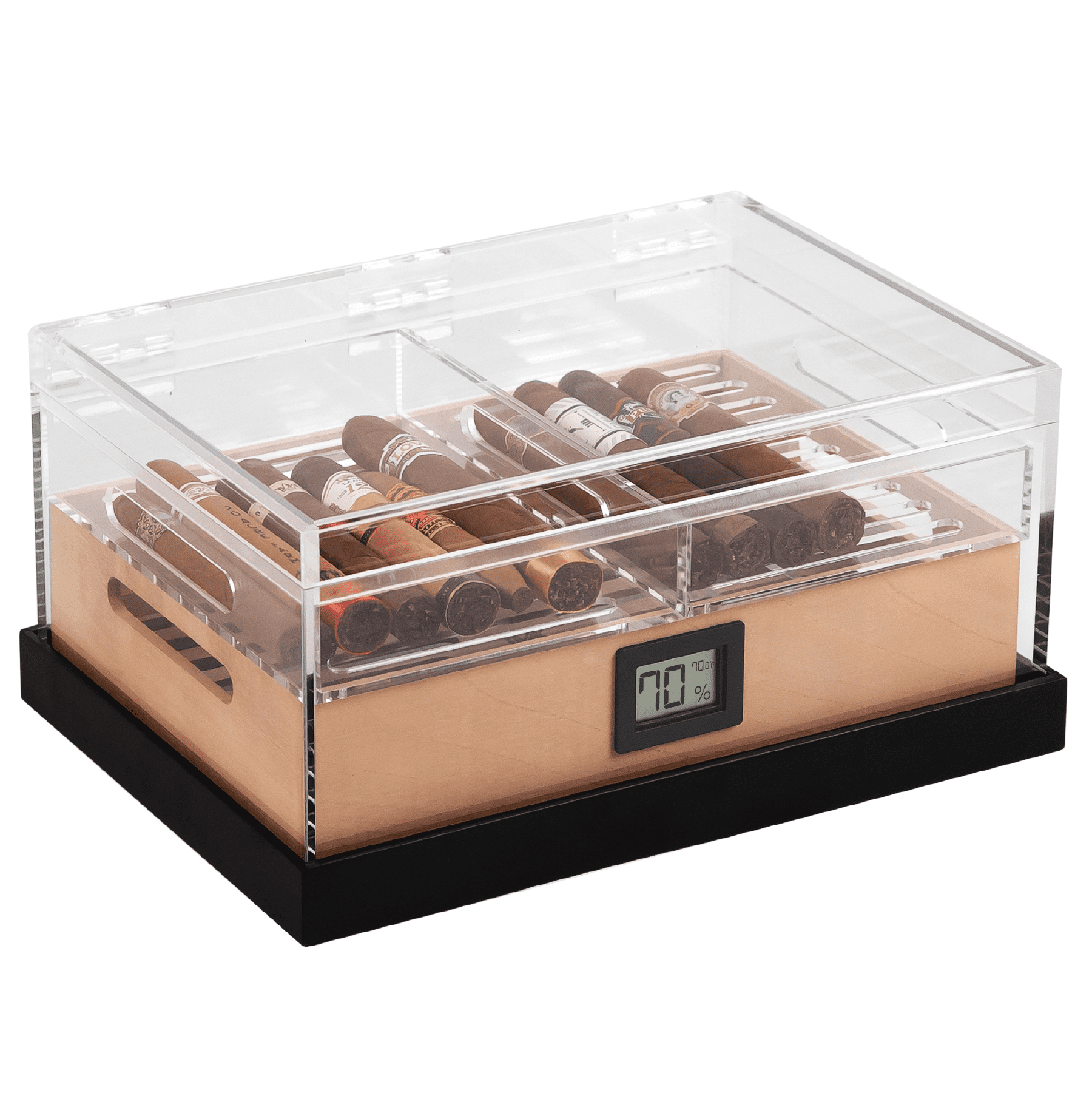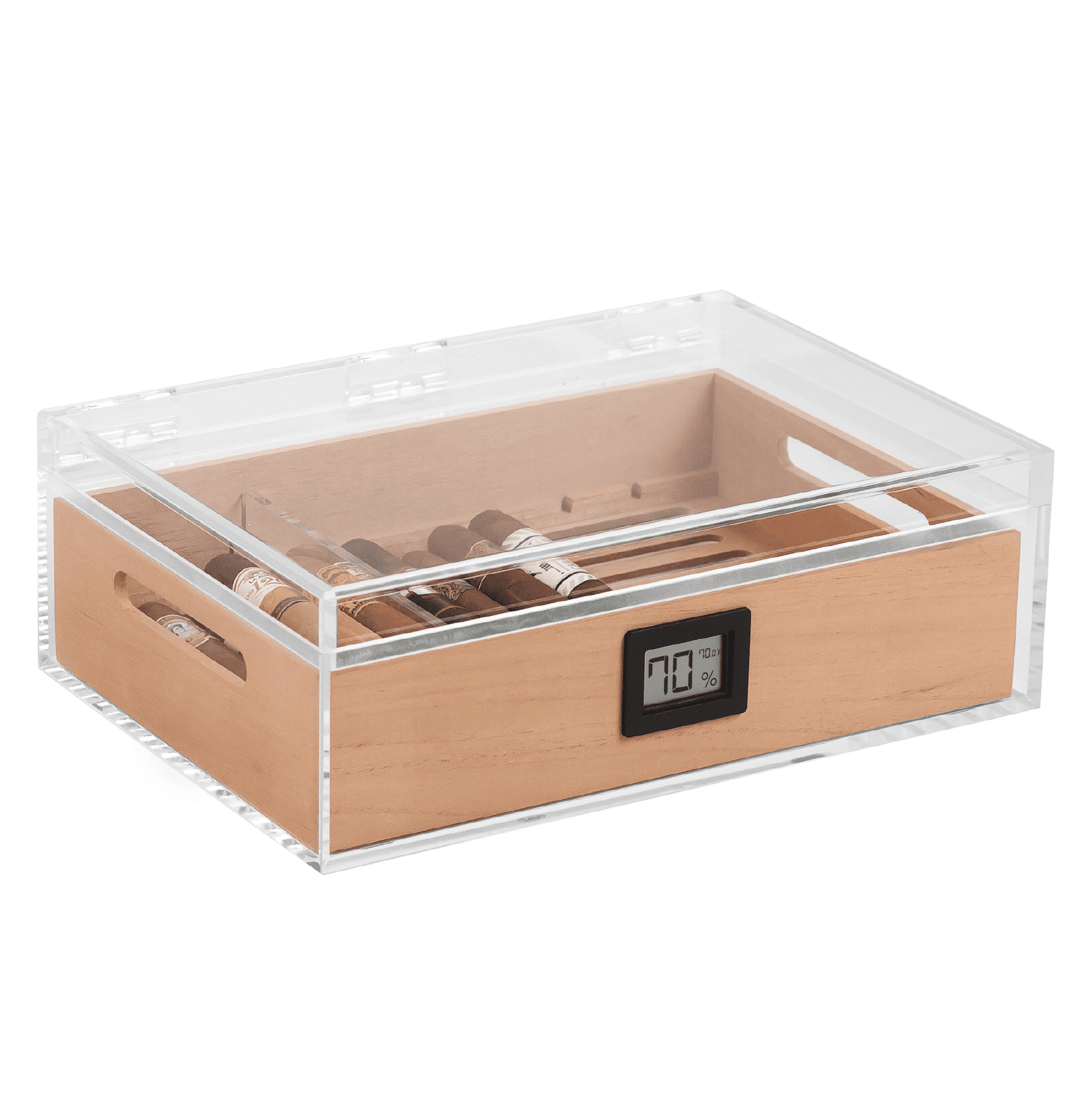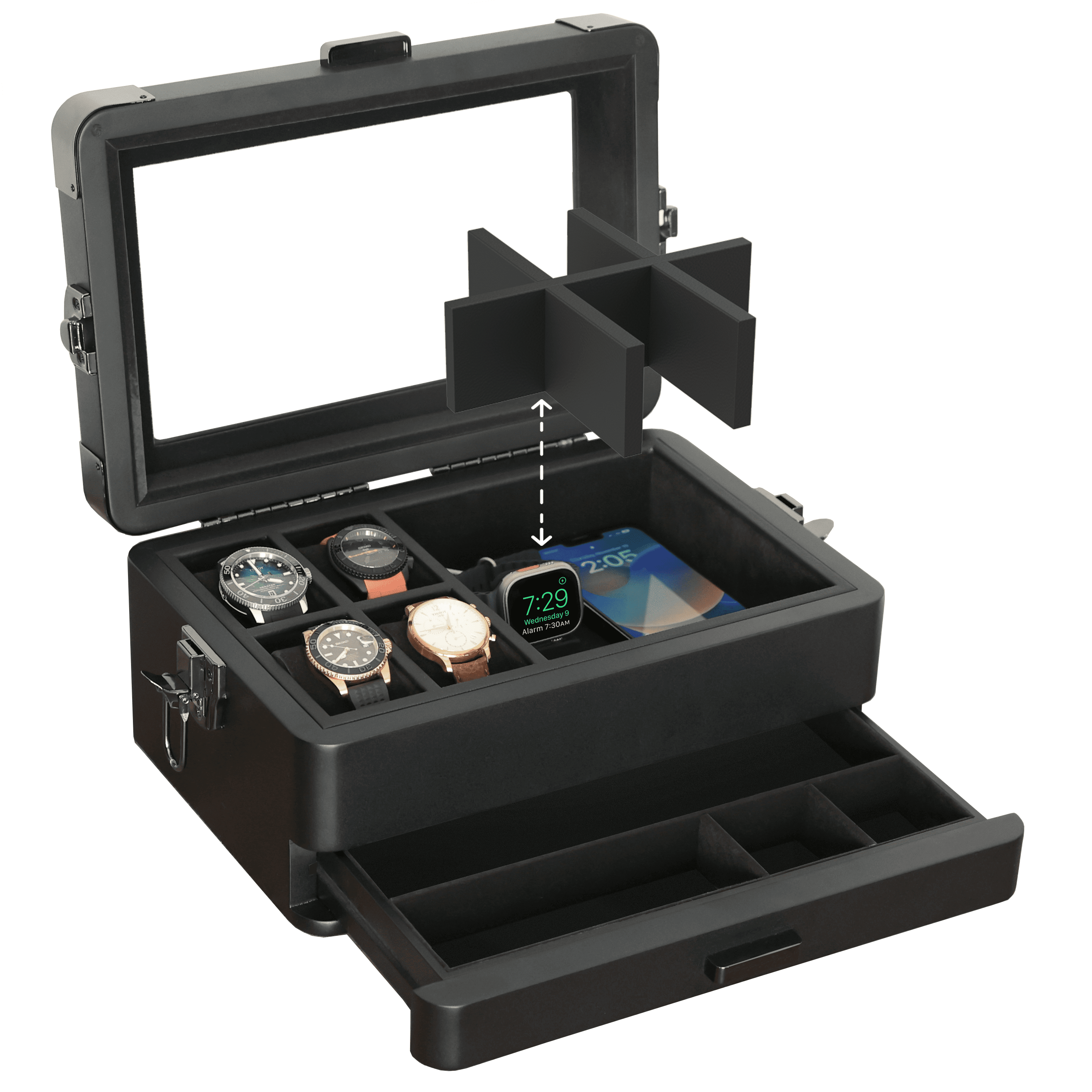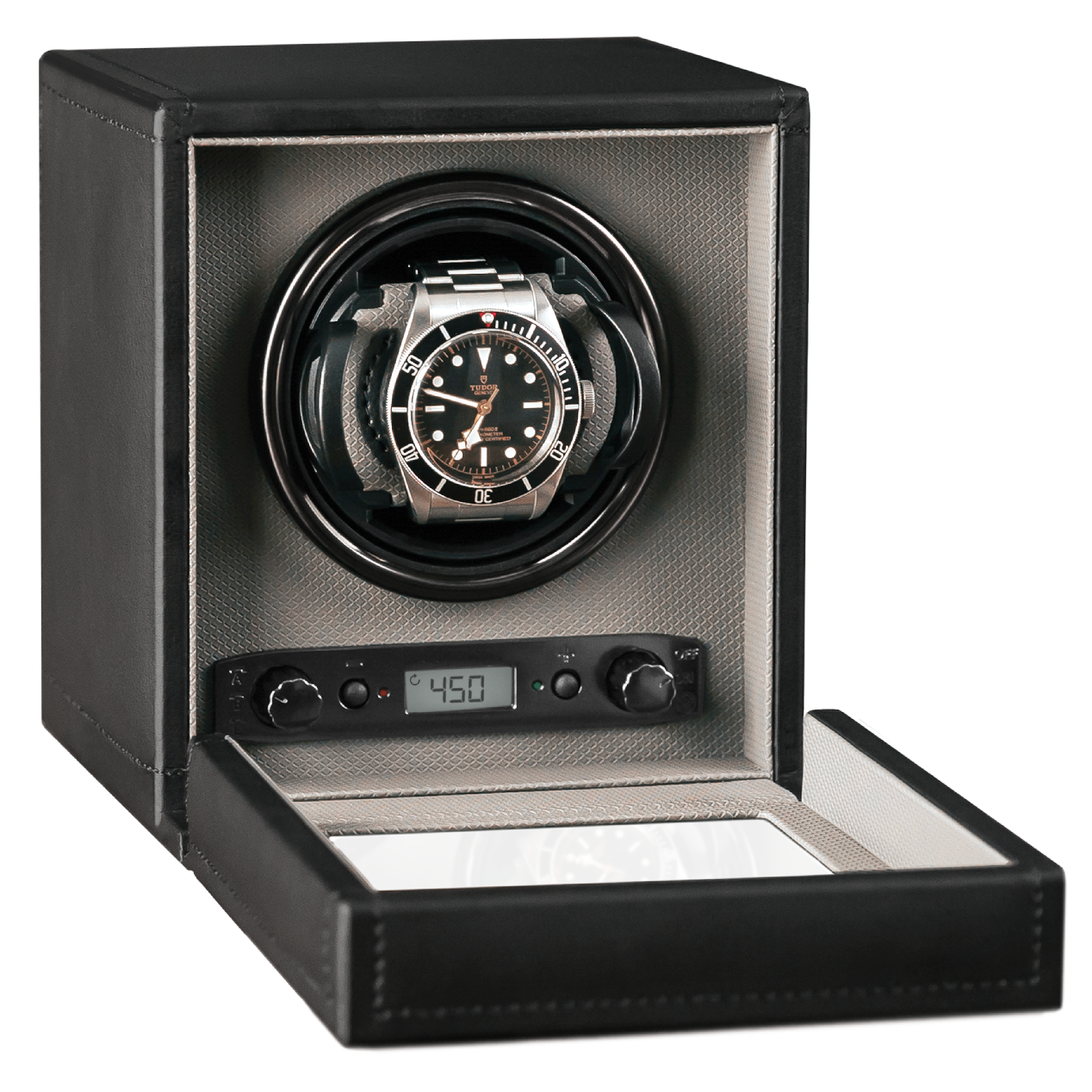There’s nothing wrong with being hyper-meticulous about your humidor’s RH (relative humidity), whether it’s a travel humidor, a small humidor, or a cabinet humidor. After all, an overly dry cigar can be totally ruined even if it doesn’t actually crack or split open. It negatively affects the flavor of the cigar, as well as the smoking experience.
But what about the actual temperature of your cigar humidor? Does temperature matter? It’s actually more important than you think, and it would be wise of you to be mindful of the temperature at which you keep your cigar supply.
Of course, don’t forget that it’s also vital to maintain the proper RH in your humidor, which requires you first properly season it based on our guidelines. Once you’ve attained the magic 65-72 percent RH and can sustain it, it’s time to consider controlling the temperature.
How Does Temperature Actually Affect Cigars?
As a general rule, you should monitor humidity first and then temperature. Here’s why. If your cigars are either cold or hot, the right humidity level can help them survive. If you sacrifice humidity monitoring and only worry about temperature, things can go bad quicker than swings in temperature. It’s wise to check on both so as not to render your cigar supply unsmokeable. But don’t allow your humidity level to swing drastically up or down. Also, it’s better to have slightly drier cigars (60-65 percent RH), similar to dry-boxing levels, than overly damp cigars.
Cold
Just because your RH is set properly doesn’t mean your cigars and the humidor in which you keep them are impervious to issues. First of all, know that extremes in temperatures are bad. If it’s too cold, it could shock your cigars and affect their construction as well as flavor. Although that’s less concerning than high temperatures, dryness combined with the cold is hugely detrimental to cigars which is why you should never put them in the fridge as a substitute humidor or cigar aging vessel. The cold temps and the desiccating nature of refrigerators will destroy your cigars in a matter of days. The same goes for cold, dry environments like a bedroom closet that has exposed walls and no access to heat.
Anything below 54 degrees Fahrenheit is considered bad for cigars over the long term because it can drastically alter the flavor of your cigar and render them flat-tasting. Fifty-four degrees or slightly above is good for aging cigars (versus smoking them outright), so don’t be overly concerned if your stogies are kept in a closet where it’s 60 degrees. Just check the humidity and make sure the temps don’t drop drastically. If your cigars are colder than usual but the humidity level is religiously kept in check, you should be ok for the short term. You should, however, strive to get closer to the 70-degree mark when you can.
So, where should you locate your humidor when the temperatures are cold? It’s not an easy choice because most homes will run the heat during the winter and add dryness to the equation. It’s ideally better to keep them in a heated room while regularly checking the humidity level.
We would err on the side of keeping them right at 70 percent RH all winter long, which means you have to check more often than during the summer. Most homes are heated between 70 and 75 degrees Fahrenheit during the day, so be aware of your humidor especially when temps get above 72, which is warmer than ideal. If you regularly run a humidifier in your home during the winter, you don’t have to worry as much about humidity levels, but that doesn’t mean you should neglect checking you humidor’s RH on a regular basis.
Heat
Heat is generally more of a threat to your cigar supply than the cold because it can lead to more than just dryness. There’s a whole host of potential issues with heat that don’t exist during cold conditions. Whether the heat is natural (summer) or artificial (home heating during winter), heat is actually worse for your cigars than cold, even if the humidity is right.
Once your humidor temp starts to creep to 74 degrees Fahrenheit or above, things can get ugly. Dry heat can cause your cigars to split and crack, and humidity and heat can also be detrimental by causing them to be almost unsmokeable due to excessive moisture and the growth of mold.
Cigar beetles can lay waste to your entire supply in a very short period of time, and they are more likely to hatch in warmer temperatures. It doesn’t take much. All you have to do is introduce a single infected stick to your supply. We’ve seen a cigar beetle infestation run through a humidor full of Cuban cigars, and it almost led to real tears.
Beetle larvae hatch at above 72 degrees Fahrenheit and above 72 percent relative humidity. The eggs are laid on tobacco leaves and then left to hatch by eating the leaves. This means that if the environment is right, larvae will hatch inside your humidor’s overly warm and overly humid interior and tunnel their way out by eating your precious stogies. Beetle larvae can hatch and destroy a cigar supply in 48 hours or less.
So much of temperature control has to do with where your humidor is located at any given time, as well as where your humidor is located. Avoid parking it in the sun or near a heat source like an HVAC return. Be aware of the exterior climate because temperature changes during summer months can run from a cool 70 degrees to 90+ in a very short period of time. Your closet might feel fine one morning and then be roasting hot by the end of the day. Understanding your home or office environment (and its fluctuations) where you keep your cigars is very important in keeping a healthy cigar supply.
How to Keep Your Humidor at the 70 Degrees
Much of your ability to keep your humidor at the right temperature has to do with where you live, that is if you don’t happen to own an electric humidor where you can make changes instantly via controls. Climates vary greatly, as well as the interior conditions of your home where your cigars are kept. One room might be ideal for cigar storage. Move them to another room and things can be quite a bit different. It’s up to you to make sure what works best.
If you live in the south, it might be ideal to keep your humidor in a basement that doesn’t have heating or cooling. Basements tend to be cooler during the summer months, and things don’t get overly cold during winter. Just make sure humidity levels don’t climb too high during the summer, at which point you may need to add a dehumidifier to the basement and monitor humidity levels more often.
If a room has plenty of glass and isn’t well-shaded, that room can get pretty warm on a sunny day. Keep the curtain drawn if you can, but if that’s not an option, then consider relocating your humidor to another, better-shaded room.
In cooler climates, a basement might be too cold during the winter to keep your cigars safely. Consider a closet that has decent heat without having a direct heating vent that could easily dry things out. If you must store it in a room with direct heat, monitor for dryness.
Remember that keeping it at an even 70 all year long is the goal but that will fluctuate within a couple of degrees even if you’re vigilant and doing your job right.

